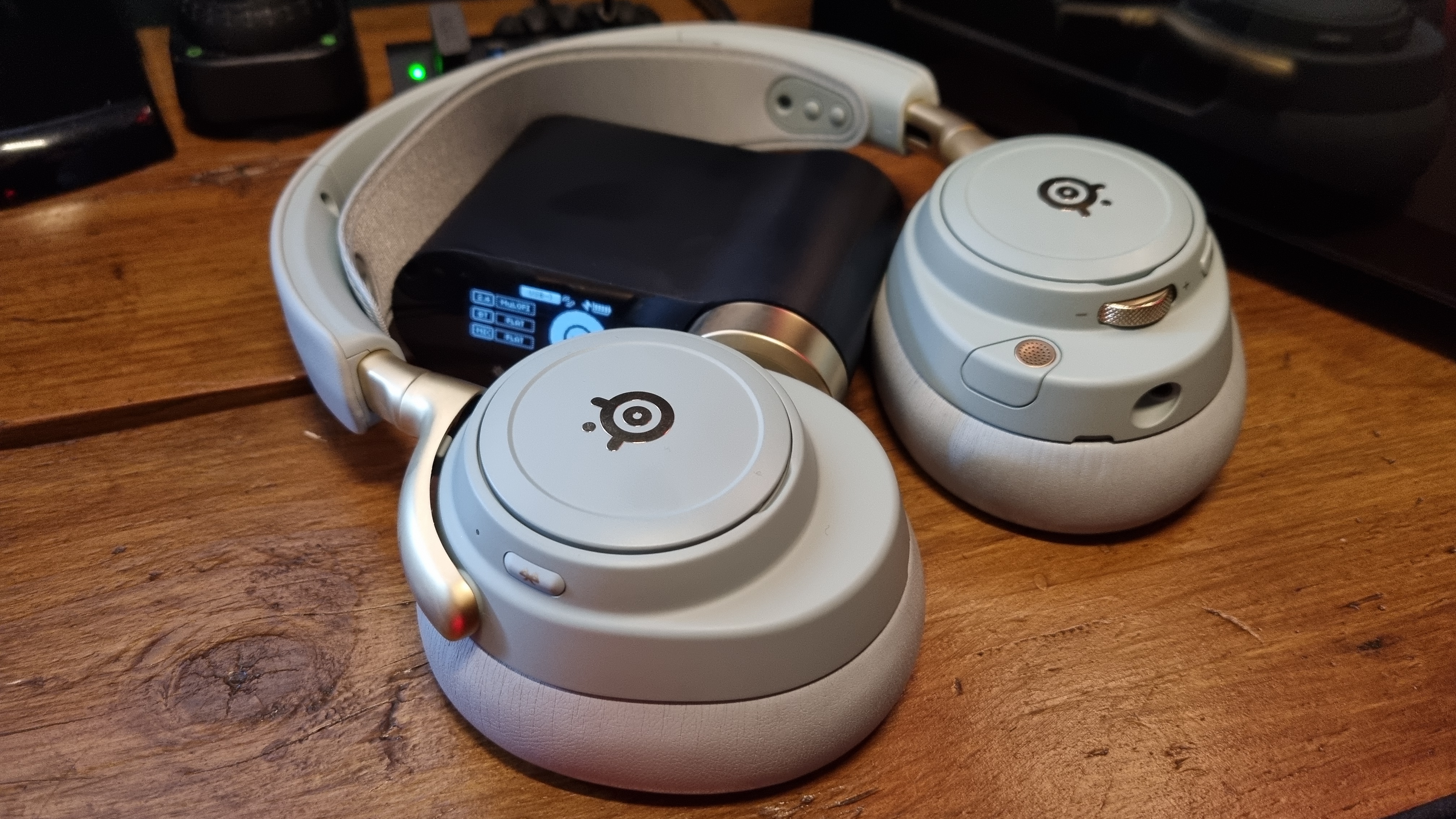Microsoft's updated anti-cheating measures go far beyond Secure Boot, including 'Remote Attestation' for online system verification
Cheaters never prosper. I mean, they do, but they shouldn't.

Keep up to date with the most important stories and the best deals, as picked by the PC Gamer team.
You are now subscribed
Your newsletter sign-up was successful
Want to add more newsletters?

Every Friday
GamesRadar+
Your weekly update on everything you could ever want to know about the games you already love, games we know you're going to love in the near future, and tales from the communities that surround them.

Every Thursday
GTA 6 O'clock
Our special GTA 6 newsletter, with breaking news, insider info, and rumor analysis from the award-winning GTA 6 O'clock experts.

Every Friday
Knowledge
From the creators of Edge: A weekly videogame industry newsletter with analysis from expert writers, guidance from professionals, and insight into what's on the horizon.

Every Thursday
The Setup
Hardware nerds unite, sign up to our free tech newsletter for a weekly digest of the hottest new tech, the latest gadgets on the test bench, and much more.

Every Wednesday
Switch 2 Spotlight
Sign up to our new Switch 2 newsletter, where we bring you the latest talking points on Nintendo's new console each week, bring you up to date on the news, and recommend what games to play.

Every Saturday
The Watchlist
Subscribe for a weekly digest of the movie and TV news that matters, direct to your inbox. From first-look trailers, interviews, reviews and explainers, we've got you covered.

Once a month
SFX
Get sneak previews, exclusive competitions and details of special events each month!
I think most of us would agree that cheating is a scourge upon multiplayer gaming. Anyone who's seen a blatant wallhacker or obviously-bot-assisted player rampaging their way across the map like Rambo after too much sugar would likely agree that something should be done. Well, Microsoft appears to be doing that something, as it's laid out its latest anti-cheating features alongside the launch of Call of Duty: Black Ops 7.
Microsoft's four-pronged attack on cheating has two points you'll likely already be familiar with. The first is a Trusted Platform Module (TPM) 2.0, which many of you will recognise from the whole Windows 11 unsupported machine upgrade fiasco. The second is Secure Boot, which you may also recognise from the Battlefield 6, err, fiasco, as it needs to be properly enabled on your machine before you can play the game.
The third is Virtualization-based Security (VBS), which is used to keep vital parts of Windows (like the kernel) in an isolated environment. Microsoft says developers using VBS as part of their anti-cheating solution can have "greater certainty that cheats are not interfering with fair game play."
The fourth is called Remote Attestation. This allows a PC to update an external server with its security status, after verifying that the PC is in a "trusted state" as it boots into Windows. That could potentially mean an untrusted flag being raised if something like a modified driver was detected to be in use, or an unusual process was found to be starting up in the background.
Which, on the surface, seems fairly innocuous. However, given the sheer number of programs and drivers running on one machine at any one time, I can't be the only one wondering whether something like, say, a modding tool running for the purposes of altering a singleplayer game to your liking, might trigger a false positive.
It also represents even more data being sent back from your machine to a mysterious server somewhere else, although you could argue that ship sailed a long time ago. MS says it's a "well-documented and industry wide approach", but I'm sure some will have reservations regardless.

According to Microsoft, you can "help game developers build trusted communities" by keeping your firmware and security features up to date, enabling TPM 2.0 and Secure Boot if you haven't already, plus keeping your eyes peeled for any dedicated pages for popular games detailing necessary protections for fair online play. In the meantime, MS says it's "working with partners to build the tools and standards that make gaming safer."
Keep up to date with the most important stories and the best deals, as picked by the PC Gamer team.
But in the end, only you can prevent forest fires. Sorry, online cheating. The listing of all these features feels like something of a clampdown on Microsoft's part, and looks to be a Windows 11-shaped extension of measures that exist on modern Xbox variants to prevent cheat-based skulduggery.
It also, y'know, prevents people from messing around and modding their consoles beyond Microsoft's liking, too. And while we'd all like online cheating to stop, it does make me wonder how much freedom and control over our own machines we'd need to give up in order to eliminate it entirely.
Is the cure worse than the disease? You decide. Still, with Microsoft's considerable weight behind these initiatives, I'd say it's likely we'll see some (or all) of them being used to some degree in most of our online games in future. I feel safer already.

The best PC gaming gear 2025
All our current recommendations











Andy built his first gaming PC at the tender age of 12, when IDE cables were a thing and high resolution wasn't—and he hasn't stopped since. Now working as a hardware writer for PC Gamer, Andy spends his time jumping around the world attending product launches and trade shows, all the while reviewing every bit of PC gaming hardware he can get his hands on. You name it, if it's interesting hardware he'll write words about it, with opinions and everything.
You must confirm your public display name before commenting
Please logout and then login again, you will then be prompted to enter your display name.

